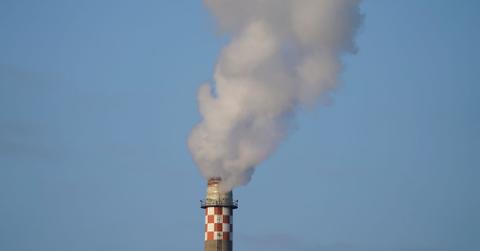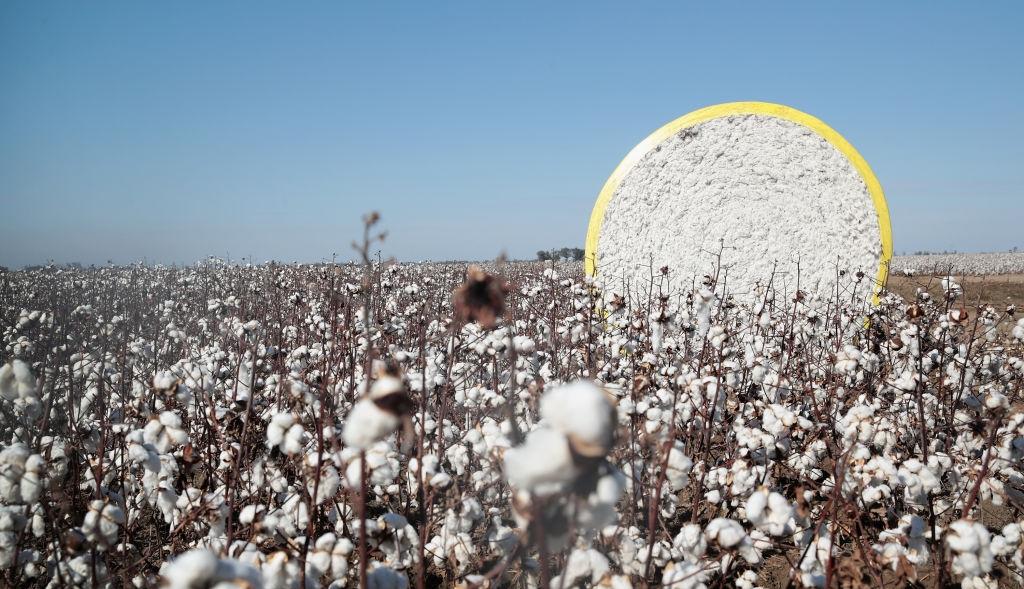Commodity Shock: What It Means and Why It’s Happening
The Russian war in Ukraine in 2022 is sending commodities soaring. Here’s what causes a commodity shock and how it impacts prices.
April 28 2022, Published 11:49 a.m. ET
Russia’s war in Ukraine is anything but contained. Various impacts have already rippled across the globe, and the trend is set to continue. For the commodities sector, the price impacts are major enough to cause a commodity shock.
Global citizens can expect the largest commodity shock since the 1970s, when post-World War II stagnation had a hold on much of the West, the World Bank says.
What are commodities?
Commodities refer to raw materials or products, which contribute to much of the globe’s imports and exports. The current commodity shock reflects rising prices for commodities such as wheat, cotton, natural gas, and other energy.
What is a commodity shock?
Commodity shocks occur when the price of commodities changes drastically within a relatively short period of time. Prices can either increase or decrease; in this case, they’re increasing.
Indermit Gill, the World Bank’s Vice President for Equitable Growth, Finance, and Institutions, said, “This amounts to the largest commodity shock we’ve experienced since the 1970s. As was the case then, the shock is being aggravated by a surge in restrictions in trade of food, fuel and fertilizers.”
Another similarity between the 1970s commodity shock and the current one is the presence of stagflation — when high inflation and slow or negative economic growth coexist.
The war in Ukraine is causing a commodity shock and impacting prices.
The relationship between the commodity shock and the war in Ukraine can't be denied. Materials shortages are putting upward pressure on other goods in the supply chain. Meanwhile, tax cuts and subsidies are adding even more pressure. While demand reduction and resource redirection would help mitigate the issue, that’s a long-term solution that’s difficult to find in a contested political landscape.
The World Bank says, “In the near-term, higher prices threaten to disrupt or delay the transition to cleaner forms of energy. Several countries have announced plans to increase production of fossil fuels. High metal prices are also driving up the cost of renewable energy, which depends on metals such as aluminum and battery-grade nickel.”
Energy prices are poised to increase another 50 percent this year, potentially leveling off by 2023–2024. Other commodities could jump 20 percent during the same period. Wheat will jump a projected 40 percent to an all-time high, according to the World Bank.
How long will the commodity shock last?
The length and severity of the commodity shock will depend largely on the war in Ukraine. The longer the war goes on, the more it causes friction in global supply. Already, Indonesia is cutting off crude palm oil exports in part due to the war. Palm oil is a major ingredient in edible and inedible products. The ban could lead to more inflation.
According to the World Bank, “The war in Ukraine has dealt a major shock to commodity markets, altering global patterns of trade, production, and consumption in ways that will keep prices at historically high levels through the end of 2024.”


